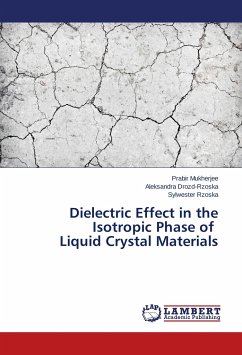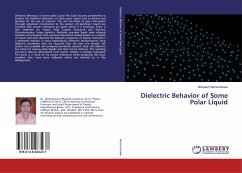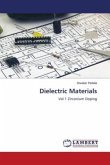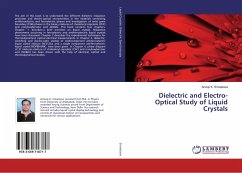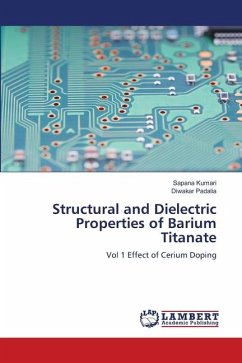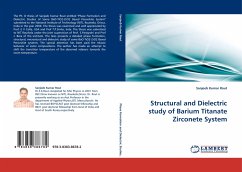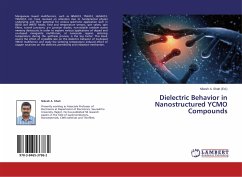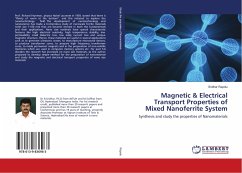The orientation towards basic studies in liquid crystalline materials has led to significant advances during past decades. Liquid crystals constitute one of the most important materials for the nowadays civilization, mainly due to its enormous sensitivity to even weak electric field as well as other exogenic impacts. However, the knowledge of particularly important dielectric properties in the isotropic phase of liquid crystalline materials is still surprisingly puzzling. The great complexity of the field of liquid crystalline materials and the wide range of nonlinear dielectric effect have been highlighted in the book with a certain degree of integration. This book attempts to briefly describe the modern techniques used today in the measurement of nonlinear dielectric effect used in this field. An attempt has been made in this book towards a unified picture of dielectric permittivity and its strong electric field related counterpart called nonlinear dielectric effect in the isotropic phase of liquid crystalline materials. This book is intended for researcher and graduate students engaged in the study of nonlinear dielectric effect in liquid crystals.
Bitte wählen Sie Ihr Anliegen aus.
Rechnungen
Retourenschein anfordern
Bestellstatus
Storno

